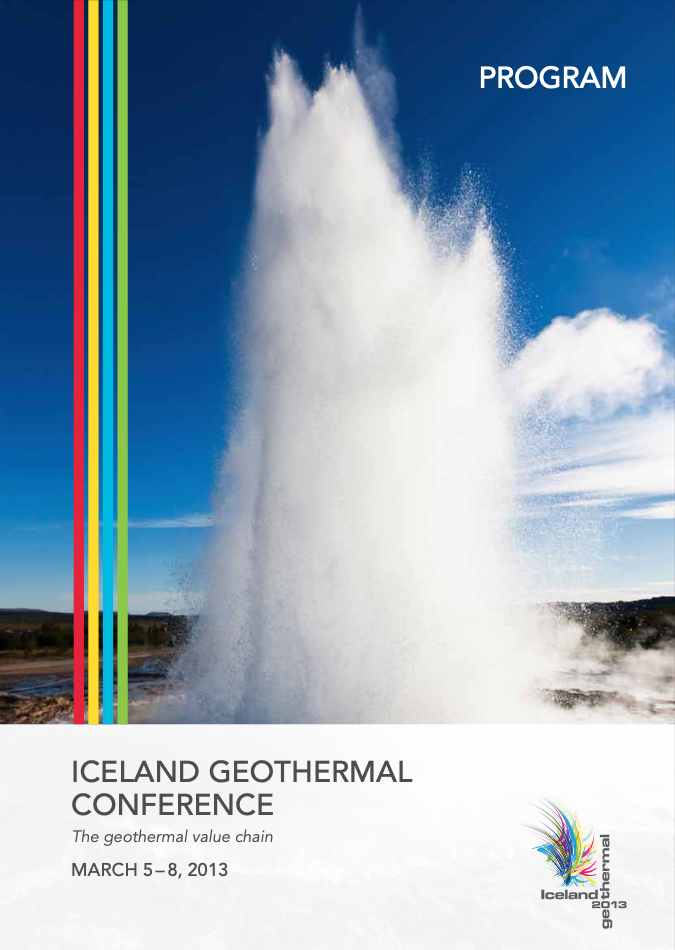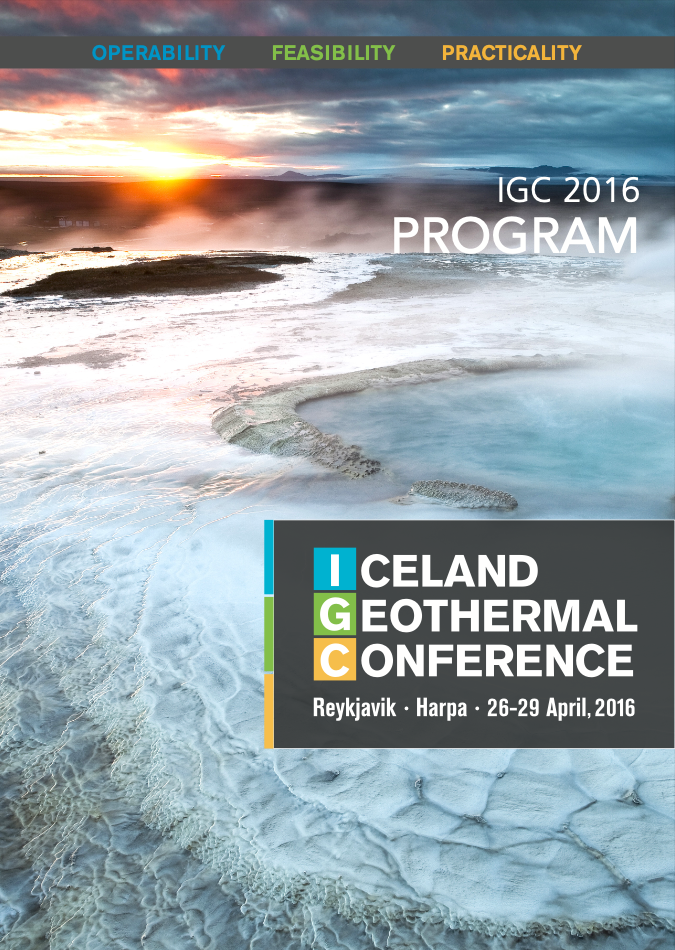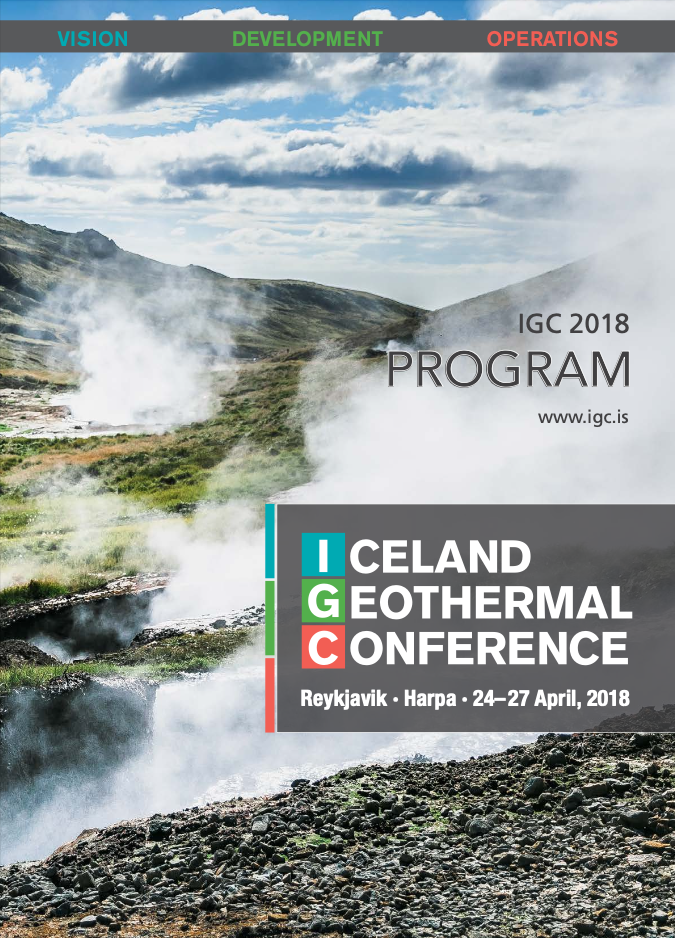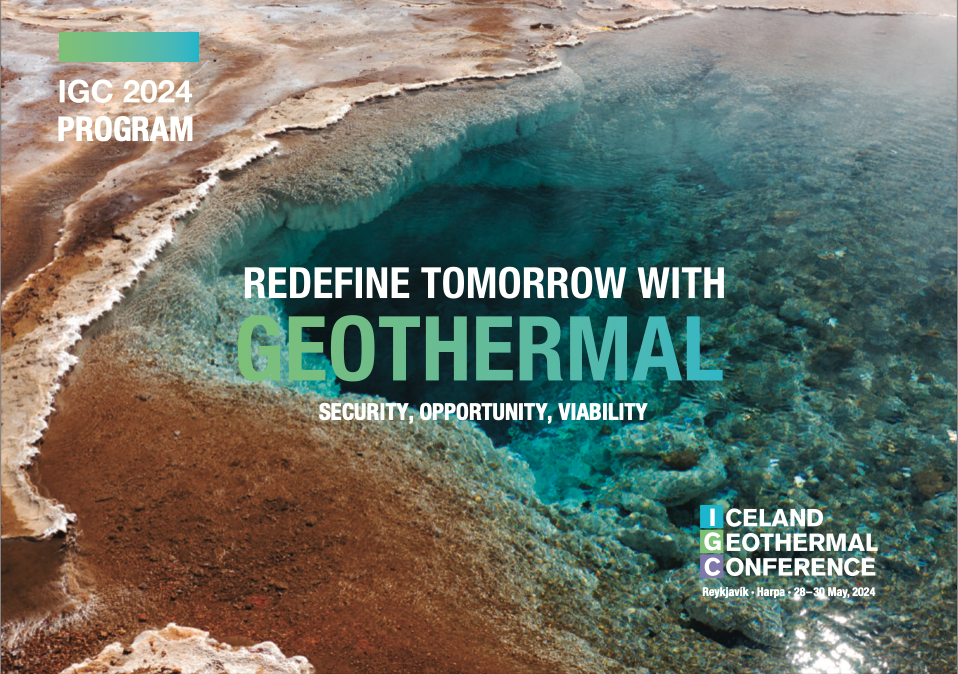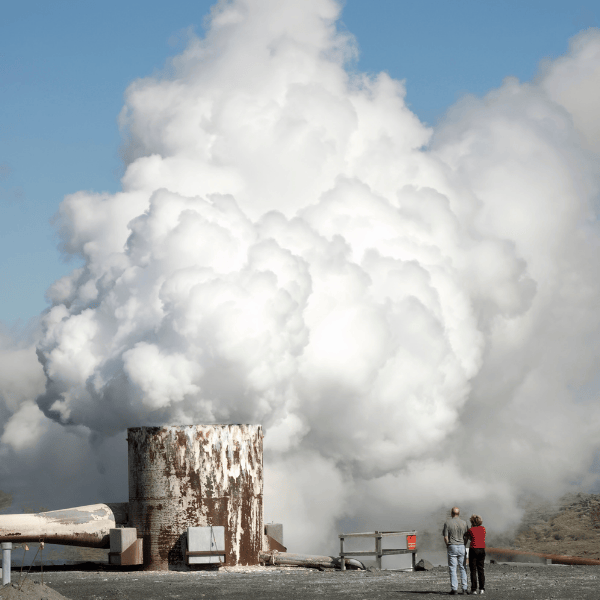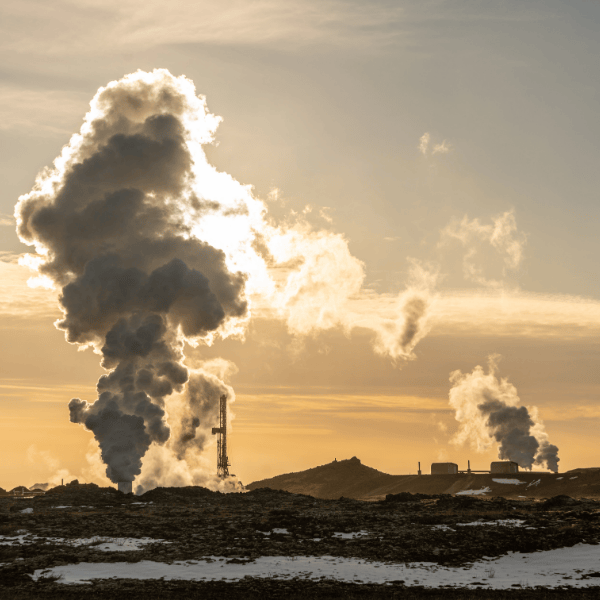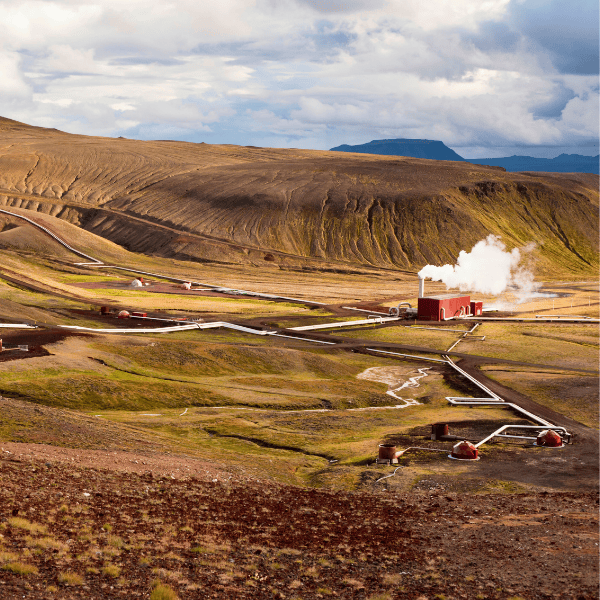Brochures
The conference brochure for each respective IGC conference includes the welcome, program, theme, sponsors / partners and exhibitors for each conference.
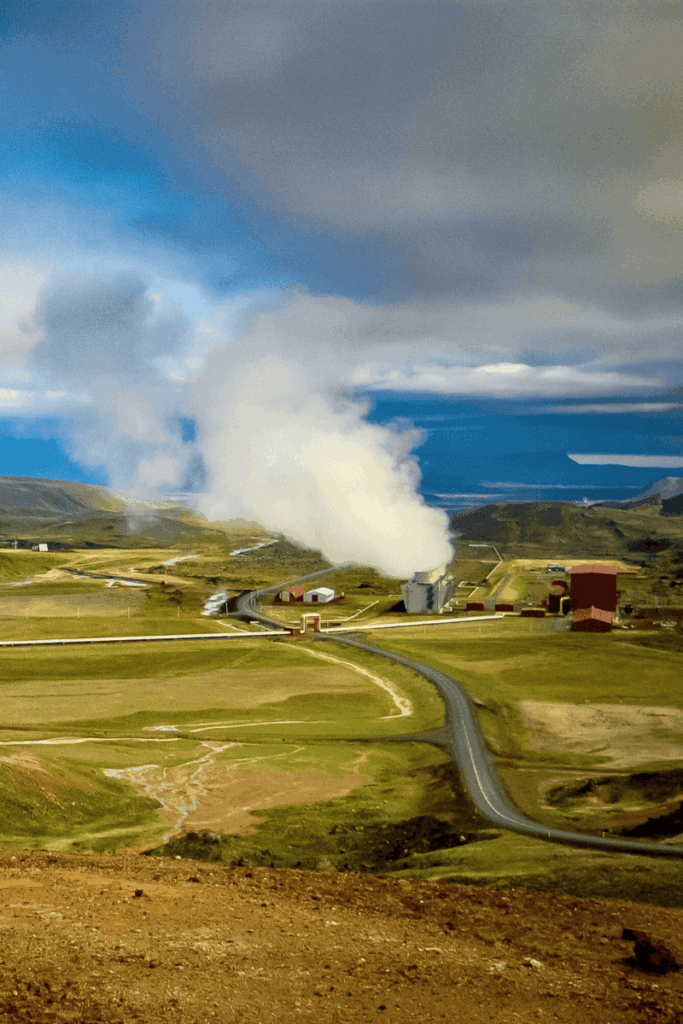
About the Iceland Renewable Energy Cluster
In October 2009 steps were taken to establish a geothermal cluster in Iceland. Support for mapping of the cluster was given by a broad group of companies.
The mapping was performed by Professor Michael Porter and his team at Harvard Business School and coordinated by the consultancy Gekon. The mapping process output was a recommendation for an optimal path to strengthen the infrastructure within the geothermal sector in Iceland by formalising a cluster initiative.
Read more
Originally, the cluster organisation got the name Iceland Geothermal, but was expanded to Iceland Renewable Energy Cluster 2018 (IREC). IREC is a nonprofit organisation that aims to promote geothermal as a comparative renewable energy solution for society and businesses. Utilisation of high and low temperature geothermal resources creates high-value jobs and improves quality of life and social wellbeing. Investment in geothermal solutions is a long-term investment that offers baseload energy generation and a vast variety of other related revenue streams, derived from cascading strategies. Geothermal resources are sustainable and renewable base-load energy solutions that improve energy security and growth.
The IREC and its members take part and host events and workshops, organize delegation and share knowledge and experience and assist in promoting geothermal at a country-to-country level. The cluster organisation takes an active part in defining best practice for the sector and building up international collaborations to map best practice. The cluster performs analysis, published reports and papers. IREC is involved in international collaboration and is a member of the International Geothermal Association (IGA) and Geothermal Global Alliance (GGA).
As previously described, the mapping looked to the already mature energy sector in Iceland that had centuries of experience working with hydropower and geothermal resources. Within the sector unique sets of skills and knowledge had accumulated, specifically around geothermal utilisation. Iceland had been active in sharing its knowledge with equipment manufacturers, specialists and other countries through delegation visits. However, a unified platform focused on developing business and innovation opportunities was missing. Iceland Geothermal Cluster is a business-driven cluster aimed at sustaining the competitive advantage of the geothermal industry.
Several working groups were established under the Iceland Geothermal name and a workshop was held in Reykjavik in May 2011. The idea of an international conference soon emerged and it was decided that an international conference should be held in the name of the cluster initiative. The conference should focus on business development and utilisation. The quality of the conference should be benchmark based on participation of industry leaders, influential speakers and, if possible, new business opportunities created. This was at the time in contrast to most other conferences that were focused on academic aspects, and the quality was commonly measured in the number of publications introduced at the event.
The development of the Icelandic Geothermal Cluster
Foundations: 1930-1994
Commercial Growth: 1995-2016
1930
1930
Extensive distribution of hot water for house heating began in Reykjavík.
1945
1945
A State drilling company established.
1958
1958
“Dofri” the first drill capable of drilling more than 2000 m used for the first time in Iceland.
1965
1965
Landsvirkjun established.
1969
1969
Bjarnarflag Power plant.
1973
1973
Global oil crisis.
1974
1974
HS Orka’s predecessor established.
1977
1977
Krafla Power plant.
1978
1978
UN University geothermal training program established.
1978
1978
Svartsengi Power plant.
1980
1980
Svartsengi Power plant
1981
1981
People started bathing in the Blue Lagoon.
1989
1989
Svartsengi Power plant
1993
1993
Svartsengi Power plant
1995
1995
Samorka established by a merger of two federations.
1996
1996
Private parties in EEA authorized to acquire shares in power companies. Icelandic Drilling Company fully privatized.
1997
1997
ÍSOR’s predecessor starts to operate on an open market.
1997
1997
Krafla Power plant.
1998
1998
Nesjavellir Power plant.
1999
1999
Reykjavik Energy established through a merger of Reykjavik District Heeating and Reykjavik Electricity.
1999
1999
Svartsengi Power plant.
